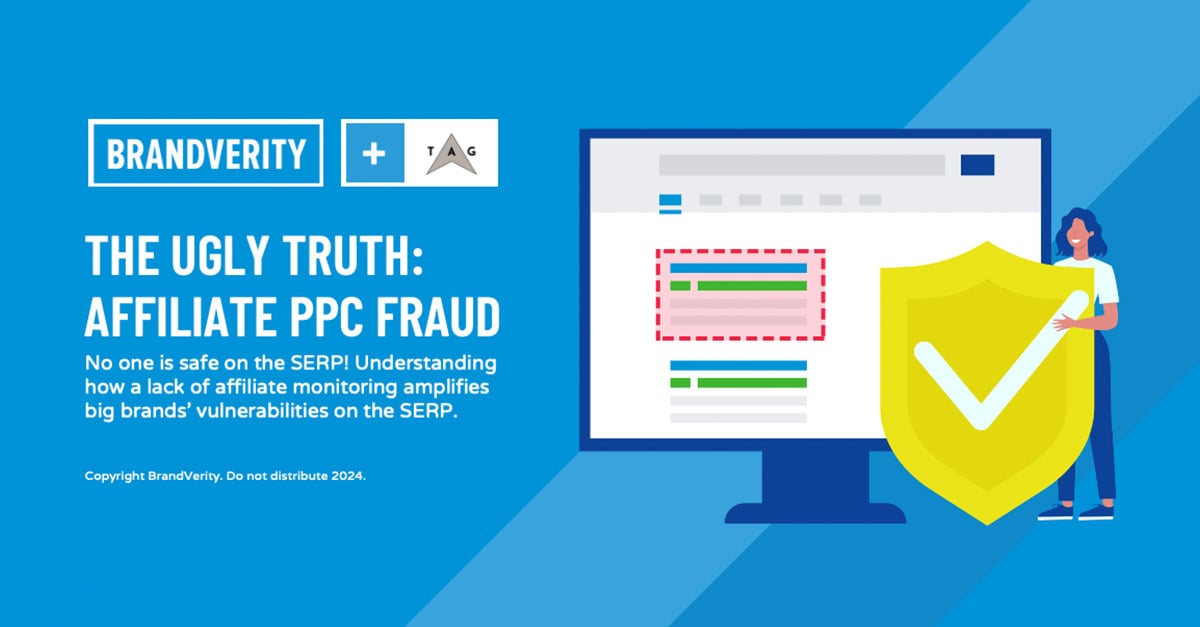Recent Posts
Recently, brands have faced increasing threats from imposter advertisers on major search engines like Google or Bing, as well as social media platforms like Meta and TikTok. And despite efforts by media giants like Google to combat fraudulent ads, the problem persists, leaving brands vulnerable to scams, trademark violations, and other forms of digital advertising fraud. Long story short: Brands are losing out big time and paying the literal price for bad actors on search engines more than ever before.
Affiliate PPC fraud is a growing problem plaguing every type of digital marketer across every vertical and often lurks undetected until significant damage has been done. This type of fraud involves bad-acting affiliates who use pay-per-click (PPC) advertising to siphon off unearned commissions from brands. The deceptive practices range from creating ads that mimic legitimate brand advertisements to using sophisticated techniques like masking referral links through multiple redirects. These ill-intended activities not only increase the cost per click for the brand but they also dilute the effectiveness of genuine affiliate marketing efforts. But the result is always the same: substantial financial drain and a skewed understanding of campaign performance.
In a recent webinar hosted by BrandVerity, David Iglesias, a seasoned professional from the sales team, delved into the strategies for safeguarding your brand on the Search Engine Results Page (SERP). This blog post will summarize the key online brand protection strategy tips from David's webinar, focusing on the prevalent tactics, examples of infringements, and recommendations for brand protection in the paid search landscape.



